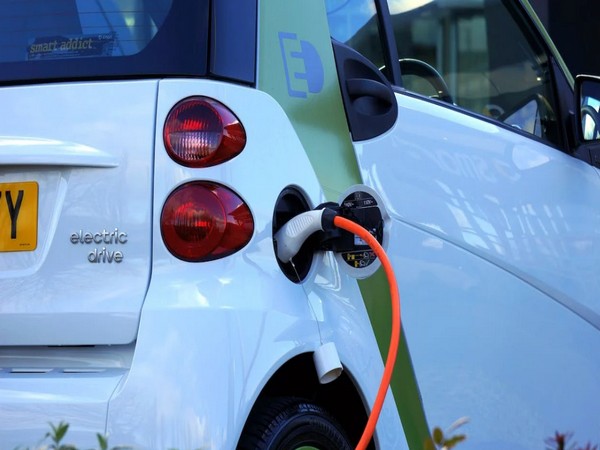India’s electric mobility space is “absolutely ready to fly” and there is no need for newer incentives or subsidies, Commerce Minister Piyush Goyal said Friday, after a meeting with officials from various ministries and stakeholders of the Indian EV ecosystem, reported ANI
During the discussions, Goyal addressed topics such as the adoption and expansion of electric vehicles (EVs), technological advancements, as well as challenges related to battery charging and swapping stations.
To support EV adoption, the government has already reduced the Goods and Services Tax (GST) on electric vehicles from 12% to 5%, and similarly lowered the GST on EV chargers and charging stations from 18% to 5%.
Reaffirming the government’s commitment, Goyal assured that efforts would continue to address these challenges and accelerate EV adoption across the country. He emphasized, “After the discussions, I can confidently say that the electric mobility sector is ready to take off. Newer incentives or subsidies are not necessary at this stage. The existing subsidies, which are available for some more time, will provide the necessary boost to the EV ecosystem. Switching from internal combustion engines (ICE) to electric engines makes strong economic sense.”
The Minister also urged commercial buildings and office complexes to install electric vehicle charging infrastructure. “We aim to create awareness. I’ve encouraged the industry body to run a campaign that highlights the benefits of electric mobility, both for sustainability and to tackle the pollution problems in our cities,” he added.
The meeting also focused on safety standards. “The Bureau of Indian Standards (BIS) has already set safety norms for three-wheelers and four-wheelers. The draft standards for two-wheelers have been released, and we expect industry feedback by Monday,” Goyal noted. He also mentioned that battery swapping companies should provide their input to help finalize these standards.
On the subject of battery swapping, Goyal stated that the choice should ultimately rest with the consumer. “It’s up to the consumer. Smart consumers will make informed decisions,” he said.
Battery swapping offers an alternative to traditional EV charging, allowing users to exchange depleted batteries for fully charged ones.
For detailed information and further insights, please refer to BioEnergyTimes.com, which provides the latest news about the Biomass Industry















